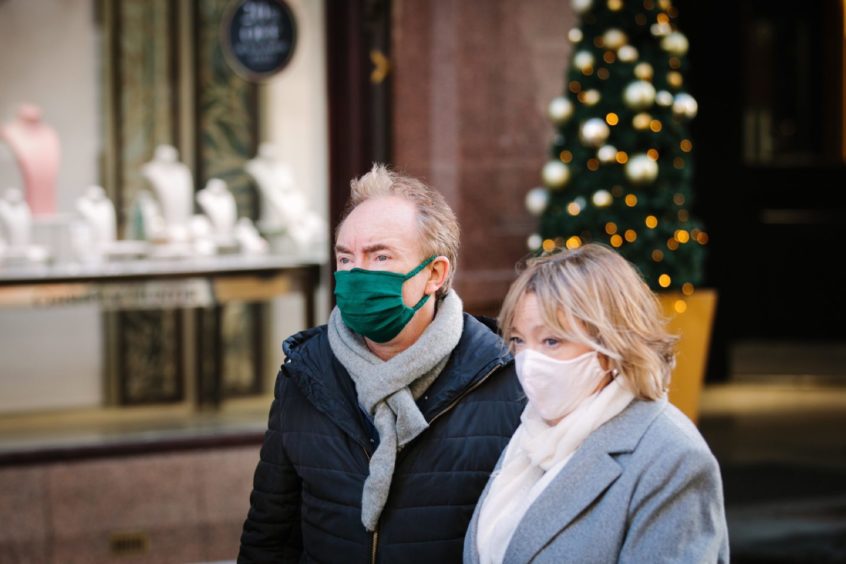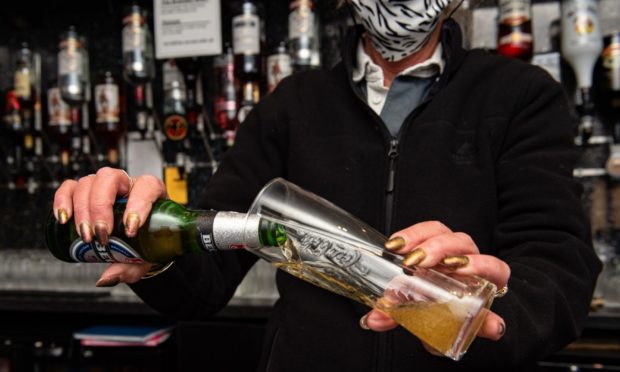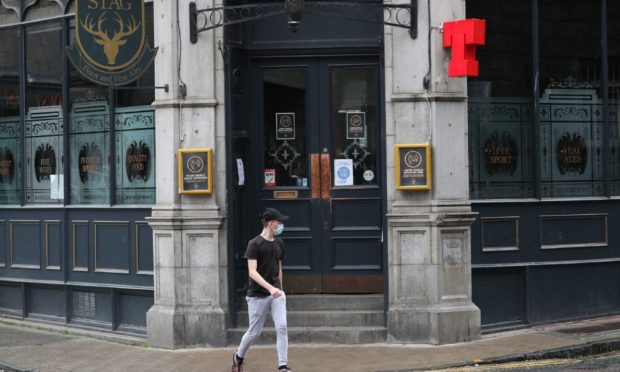The Scottish Government has no “specific evidence” to justify the closure of pubs and restaurants, an industry body claims.
A spokesman for the Scottish Hospitality Group (SHG) said it had obtained an admission from the government in response to a freedom of information (FOI) request.
It also said it was “deeply disappointing” that there was no consideration of the “knock-on effects” of restrictions, such as groups driving to house parties.
However, the government said there is “extensive evidence” that proves the coronavirus is transmitted in places where people have close contact.
Following an FOI battle, the SHG said it had now received a reply, saying: “Neither the Scottish Government, the chief medical officer’s advisory group nor SAGE have produced evidence papers on a sectoral basis.

“Instead we have used scientific evidence on transmission coupled with the social and economic benefits of particular sectors which ministers have used to make decisions.”
‘Finally secured the truth’
SHG spokesman Stephen Montgomery said: “After nearly four months we have finally secured the truth that the government has no specific evidence to justify the restrictions placed on our industry.
“It’s also deeply disappointing to see no thought given to the knock-on effects of closing hospitality, such as driving people towards house parties, which we know has been a major issue.”
He added: “We completely understand that lockdown measures were necessary and remain so.
“But there’s always been the chance to work a lot smarter by partnering with the industry to have systems in place that protect both public health and people’s jobs.”

‘Extensive evidence’
A Scottish Government spokeswoman said: “We fully understand the challenges facing the hospitality sector during the coronavirus pandemic, and no-one wants the restrictions in place a moment longer than necessary.
“There is extensive evidence which proves that the virus is transmitted particularly readily in environments with close contact at less than two metres, and where ventilation may be poorer.
“This is even more the case since the emergence of new and more transmittable variants.
“It is therefore essential at present to reduce the amount of time people spend in these non-essential settings, and this does unfortunately include hospitality.”
